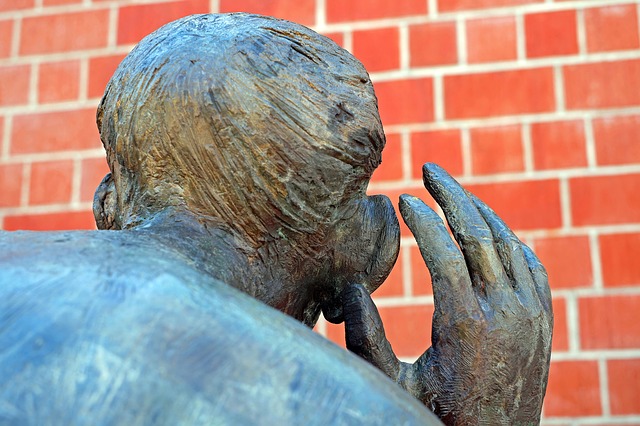Let’s face it: soliciting independent, expert advice can sometimes be felt as an admission of inadequacy. However, the power of a third-party evaluation is something that can benefit almost any business – when selected carefully.
GGA’s EMEA Partner Rob Hill looks at the challenges and the benefits of employing an external consultant, how to select the right one, and what value a club should expect to gain from the relationship.
For many of us there’s an inherent discomfort in asking for help or support. It can often feel like an admission of being incapable of fulfilling particular aspects of your role.
But the truth is, an external vantage point can deliver an alternative assessment and different solutions to a club’s challenges – something that can be very difficult to accomplish from within.
If it’s a choice between sitting in silence (while your business plateaus) or seeking help, the latter is the only option.
A fresh perspective
Enter the consultant. The individual who is touted to have the answers to your questions, the vision you need to realize your club’s long-term sustainable future, the source of support and guidance you have been craving.
While this should be the function of the consultant, the delivery often falls short. And this is why distrust of consultants is not uncommon.
For some club leaders or board members this distrust is only a perception, for others it stems from direct experience of having achieved disappointing results with the support of consultants in the past.
Whatever the reason, skepticism looms large.
Demystifying the truth
So how do you go about finding the right consultant? How do you peel back the image to reveal their genuine credentials and potential fit to work with you?
Their previous work is a good place to start.
Ask for a broad assortment of references, testimonials and examples of work previously executed at other clubs, preferably those of a similar profile and standing. This will help you to establish a clear picture of whether they could be a valuable source of guidance.
Supplement this with online research. Websites, LinkedIn, social media and web searches are all effective channels to help you learn more about your prospective partner and ensure you have carried out your due diligence before entering into an agreement.
Reminding yourself why
Now that you have assessed a number of candidates, it can be useful to take a step back and remind yourself of the reasons behind seeking help and what additional value you are hoping a consultant can bring to your club.
While each club has its own unique set of challenges, the following is a broad set of attributes a prospective consultant should bring to the table:
- Knowledge of a wealth of best practices and tactical advantages that can benefit club leaders (who typically have limited exposure to current trends in club strategy, leadership and operations).
- An impartial perspective and the ability to generate new ideas you may not have already considered for your club.
- The ability to translate often complex problems and proposed solutions in clear-cut, actionable detail.
Making the first move
Once all parties agree and the decision to employ a consultant is made, club leaders should begin by producing a clearly stated brief for what is needed and what the club is looking to achieve.
Typically, it will be up to the club manager to connect with and fully inform the candidates of the circumstances as well as the needs and expectations of the club. This will allow the consultants to develop an appropriate, tailored and effective proposal from which you can select the best candidate.
Extracting value
The key role of a consultant is to help you achieve those results that you are less likely to accomplish without the outside help, and these should be clearly laid out as the foundation and benchmark of the relationship from the outset.
What other ways should club leaders generally benefit from the relationship?
- Provision of simple, practical guidance often derived from complex information and detail. Theory is inadequate to a club leader’s needs.
- A clear roadmap indicating how long the consultant will need to be involved, a definition of the right goals and milestones for progress, and an outline of the specific results that will equate to a successful project outcome.
- The ability to lean on an independent and objective source of guidance to protect the best business interests of the club.
So, while turning to an outsider can present an internal challenge, and must always be undertaken with a careful and strategic approach. Working with the right strategy consultant can pave a path for growth and success for your club that you might otherwise not achieve without that clear, focused outside perspective.


